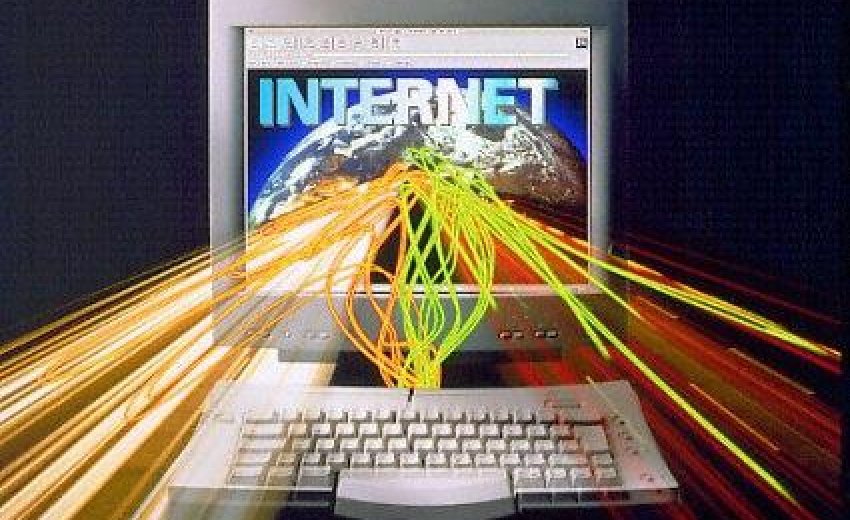A recent article published by Facebook suggests that less than 40 percent of the world's population has an Internet connection. While that figure continues to increase each year, the rate of growth has now slowed for four consecutive years.
The figure combines data from multiple sources around the world, plus Facebook's own activity logs. The data suggest that as of December 2014, approximately 37.9 percent of people in the world use the Internet, even if that involves going online as little as once a year.
In 2010, the number of people using the Internet grew by 14.7 percent year on year. That growth rate has slowed consistently, and the 2014 figure was only 6.6 percent higher than for 2013. It should be noted that the percentage increase is in the raw number of users, rather than an increase in percentage points.
Developing Nations Lag Far Behind in Internet Usage
Perhaps unsurprisingly, there's a massive difference in Internet usage between rich and third world nations. In developed countries, approximately 76.2 percent of people go online, compared to 29.8 percent for the latter. The biggest disparity is between North America where 84.4 percent of people are online, compared with just 13.7 percent in South Asia. (Source: fb.com)
What may come as a shock to many, however, is that 91.7 percent of people in the world live within range of a mobile network capable of carrying Internet data, albeit over the slower 2G system. The 3G system needed for services such as online video is available to 48.7 percent of people. (Source: techspot.com

Cost And Language Are The Main Barriers
Facebook believes two main factors are limiting Internet adoption across the world. The first is affordability; of the entire world population, Facebook estimates only 50 percent of people can afford an Internet plan offering a minimum of 250MB of data a month.The Broadband Commission defines affordability as entry-level broadband services amounting to less than 5% of average income.
- By this standard, 34% of the world can afford at least 500 MB of mobile data per month, 55% can afford 250 MB per month and 80% can afford 100 MB per month.
- 100 MB is "entry-level" internet, sufficient for text-heavy applications. 500 MB is a "maturing" internet experience, sufficient for basic multimedia content. 2 GB and above represent a "fully connected" internet experience.
- In India, for example, market forces and competition have driven the cost of data to a price point at the bottom quartile of global prices, at $2.40 and $0.80 ($PPP), for prepaid data plans of 250 MB and 100 MB per month, respectively14, which is affordable by 59% and 94% of the Indian population, respectively.
- There remain many places where even entry-level internet is out of reach.
- In Sub-Saharan Africa, where 69% of people live on less than $2 per day15, only 53% could afford access of only 20 MB, sufficient for text-only messages and email.

- Many people are not connected to the internet because it's irrelevant to their lives. That is, they're either unaware of it, there isn't sufficient online content in their primary language, or they lack the capacity to understand or access such content.
- Research in countries including Ghana16, South Africa17, India18, and the United States19 confirmed that lack of awareness, perception of lack of value or utility, or lack of ability are the primary reasons why people don't use the internet.
- There are no consistent, country-level metrics for internet relevance. In lieu of this, access to online "encyclopedic knowledge" in the form of at least 100,000 Wikipedia articles20 is a useful proxy for assessing the availability of relevant, local language content across the broader internet.
- There are at present only 52 languages on Wikipedia, for which there are more than 100,000 articles, meaning only 53% of the world has access to "encyclopedic knowledge" in their primary language.
- In order to make the internet relevant to 80% of the world, it would require content in at least 92 languages.
What's Your Opinion?
Is it a problem that most people in the world aren't using the Internet? What more can be done to expand global uptake? Is it an issue for governments, or will businesses seeking to boost profits be the best way to get more online users?